Faculty and Staff
-
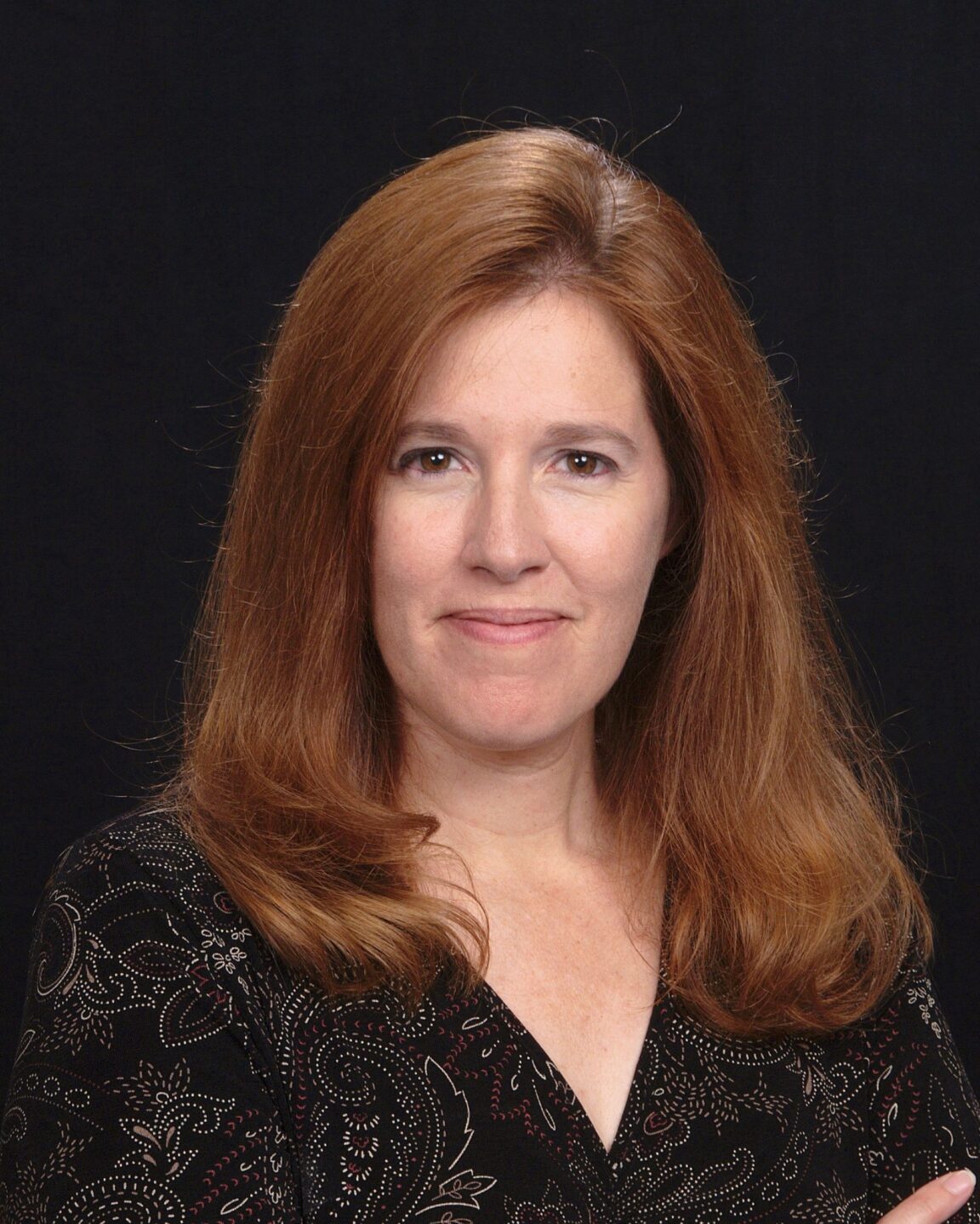
Cynthia G. Campbell
Professor and Department Chair
Dr. Campbell is a professor and department chair of Psychological Science at Boise State University. She earned her Ph.D. in Developmental Psychology from The Pennsylvania State University in 2010. She also holds a Master’s degree in Developmental Psychology, a BS in psychology, and a BS in business administration. As an undergraduate, Dr. Campbell found her passion in studying human relationships — how they influence how we view ourselves, others, and the world around us. Since earning her Ph.D., Dr. Campbell has taught at three different universities. Her current scholarship focuses on advancing students’ teamwork skills. Dr. Campbell works with local and international scholars to implement and assess a teamwork skills training protocol. She also studies coparenting and has published in family science and the scholarship of teaching and learning. Additionally, she has consulted on a community program evaluation grant project and coached faculty in professional development. Dr. Campbell is dedicated to planning for and serving the needs of students, faculty, and the university. She uses evidence-based collaborative learning methods and inclusive teaching practices in her classes.
Dr. Campbell is a professor and department chair of Psychological Science at Boise State University. She earned her Ph.D. in Developmental Psychology from The Pennsylvania State University in 2010. She also holds a Master’s degree in Developmental Psychology, a BS in psychology, and a BS in business administration. As an undergraduate, Dr. Campbell found her passion in studying human relationships — how they influence how we view ourselves, others, and the world around us. Since earning her Ph.D., Dr. Campbell has taught at three different universities. Her current scholarship focuses on advancing students’ teamwork skills. Dr. Campbell works with local and international scholars to implement and assess a teamwork skills training protocol. She also studies coparenting and has published in family science and the scholarship of teaching and learning. Additionally, she has consulted on a community program evaluation grant project and coached faculty in professional development. Dr. Campbell is dedicated to planning for and serving the needs of students, faculty, and the university. She uses evidence-based collaborative learning methods and inclusive teaching practices in her classes.
-

Mary Pritchard
Professor and Associate Chair
Dr. Mary Pritchard received her Ph.D. in Experimental Psychology from the University of Denver. She regularly teaches Psychology of Eating, Psychology of Health, Community Psychology, and Healthy Body, Healthy Mind. She specializes in body image and eating disorders and has authored over 50 publications on those topics. She is a certified Be Body Positive Facilitator and holds a certification in integrative nutrition. After over two decades of studying factors that influence the development of body dissatisfaction and eating disorders in collegiate men and women, her research now focuses on developing eating disorder prevention programs for college populations. To learn more about Dr. Pritchard’s research and openings for Teaching Assistants in her classes or Research Assistants in her lab, please email her.
Dr. Mary Pritchard received her Ph.D. in Experimental Psychology from the University of Denver. She regularly teaches Psychology of Eating, Psychology of Health, Community Psychology, and Healthy Body, Healthy Mind. She specializes in body image and eating disorders and has authored over 50 publications on those topics. She is a certified Be Body Positive Facilitator and holds a certification in integrative nutrition. After over two decades of studying factors that influence the development of body dissatisfaction and eating disorders in collegiate men and women, her research now focuses on developing eating disorder prevention programs for college populations. To learn more about Dr. Pritchard’s research and openings for Teaching Assistants in her classes or Research Assistants in her lab, please email her.
-
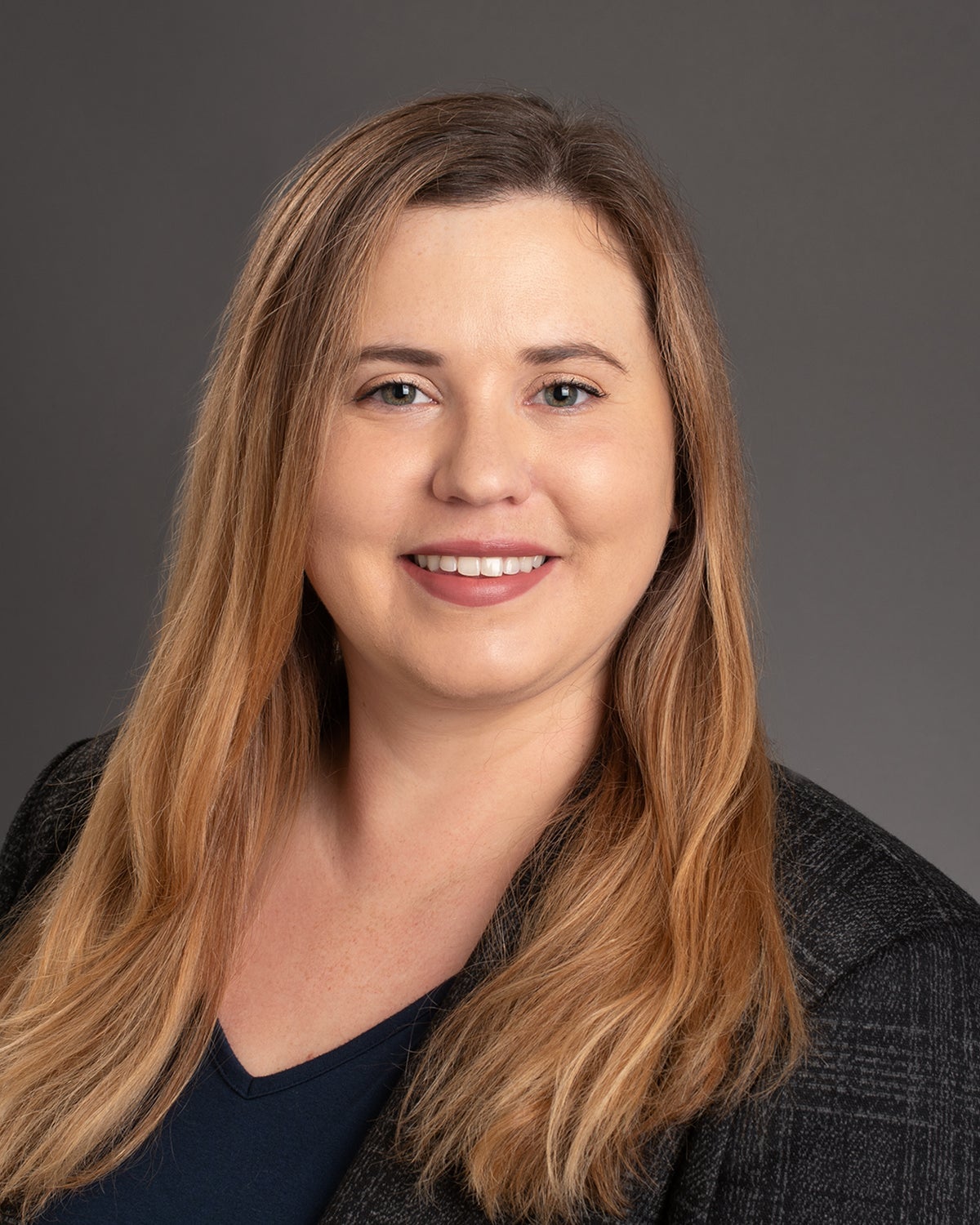
Jessica Ayers
Assistant Professor
Dr. Jessica Ayers is an Evolutionary Social Psychologist who joined the Department of
Psychological Science as a tenure-track Assistant Professor in Fall 2022. As an undergraduate,
Dr. Ayers realized that she was interested in one simple question: why people act the way they
do? Her interest in this question lead Dr. Ayers to earn her bachelor’s degrees in Psychology and
Anthropology and her M.A. in Experimental Psychology from California State University,
Fullerton and her Ph.D. in Social Psychology from Arizona State University.Dr. Ayers’ research focuses on documenting the behavioral manifestations of genetic conflict, or
how the genes we inherit from our parents “fight” with each other and the impact that this
conflict has on behavior and psychological processes. Specifically, she is interested in
understanding how these “disagreements” at the genetic level influence the ways individuals
grow, develop, behave, and, ultimately, influence their social relationships during their lives.
Dr. Ayers directs the APE Lab and conducts research on how genetic conflict influences social
relationships such as maternal-fetal relationships, familial and affinal (in-law) relationships, and
friendships and rivalries.Psychological ScienceDr. Jessica Ayers is an Evolutionary Social Psychologist who joined the Department of
Psychological Science as a tenure-track Assistant Professor in Fall 2022. As an undergraduate,
Dr. Ayers realized that she was interested in one simple question: why people act the way they
do? Her interest in this question lead Dr. Ayers to earn her bachelor’s degrees in Psychology and
Anthropology and her M.A. in Experimental Psychology from California State University,
Fullerton and her Ph.D. in Social Psychology from Arizona State University.Dr. Ayers’ research focuses on documenting the behavioral manifestations of genetic conflict, or
how the genes we inherit from our parents “fight” with each other and the impact that this
conflict has on behavior and psychological processes. Specifically, she is interested in
understanding how these “disagreements” at the genetic level influence the ways individuals
grow, develop, behave, and, ultimately, influence their social relationships during their lives.
Dr. Ayers directs the APE Lab and conducts research on how genetic conflict influences social
relationships such as maternal-fetal relationships, familial and affinal (in-law) relationships, and
friendships and rivalries. -
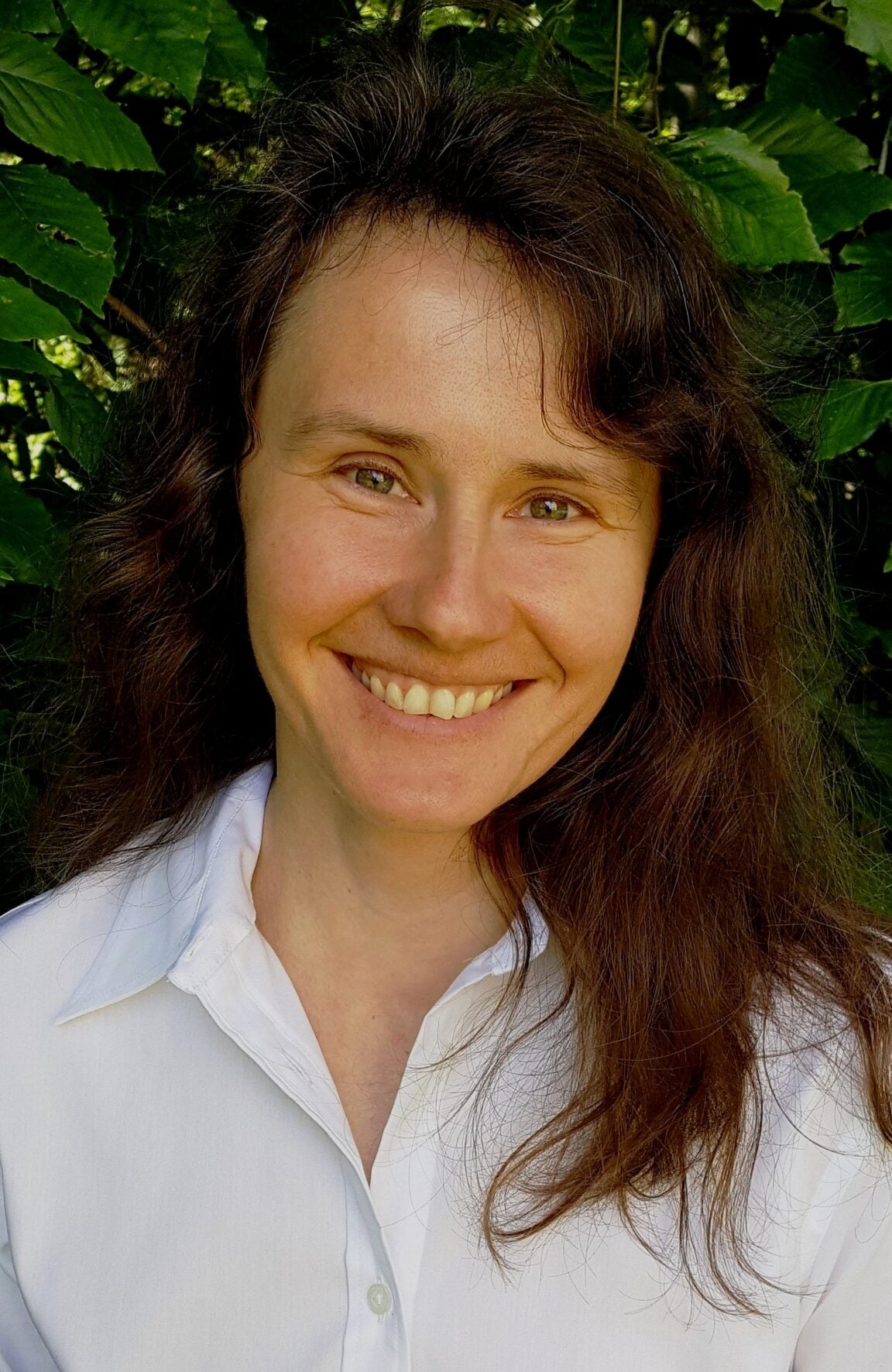
Iryna Babik
Assistant Professor
Dr. Iryna Babik is a developmental psychologist with extensive expertise in developmental research methodology and statistical data analysis. She received her Ph.D. in Psychology from the University of North Carolina at Greensboro in 2014, conducted post-doctoral research in the Department of Physical Therapy at the University of Delaware, and joined the Boise State University in 2019. Her research focuses on cognitive development in infancy/childhood; the role of sensorimotor exploration in problem-solving and cognitive development; early intervention and rehabilitation of sensorimotor and cognitive skills; and cross-cultural differences in parental beliefs and practices.
Dr. Iryna Babik is a developmental psychologist with extensive expertise in developmental research methodology and statistical data analysis. She received her Ph.D. in Psychology from the University of North Carolina at Greensboro in 2014, conducted post-doctoral research in the Department of Physical Therapy at the University of Delaware, and joined the Boise State University in 2019. Her research focuses on cognitive development in infancy/childhood; the role of sensorimotor exploration in problem-solving and cognitive development; early intervention and rehabilitation of sensorimotor and cognitive skills; and cross-cultural differences in parental beliefs and practices.
-
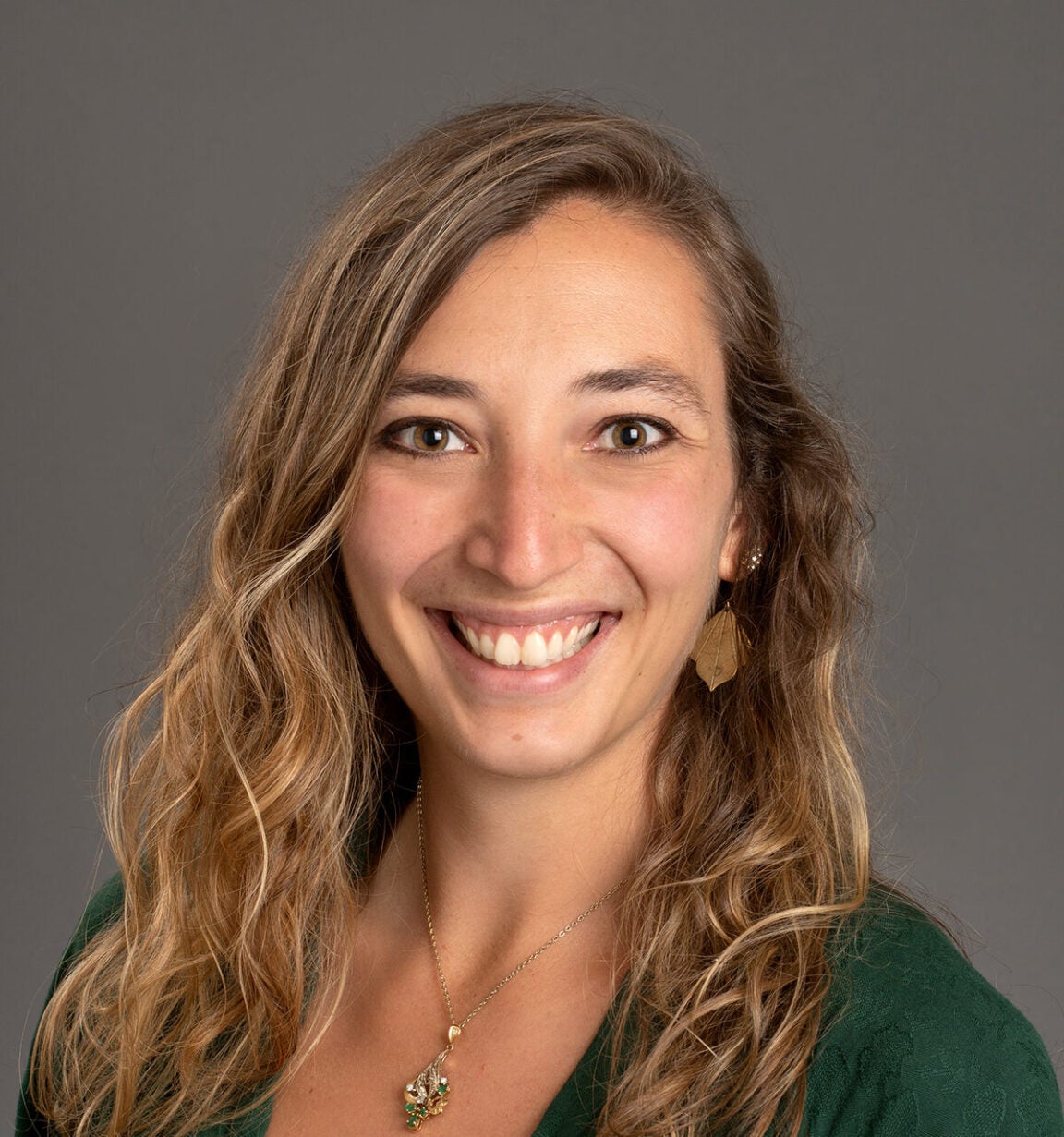
Sydney Boutros
Assistant Professor
Dr. Sydney Boutros is a Behavioral Neuroscientist. She’s developed her expertise in the field both in the lab (receiving her Ph.D. in Behavioral and Systems Neuroscience at the Oregon Health & Science University) and in life (wrangling a very stubborn lab-border collie mutt).
Her primary field of research is learning and memory—specifically, exploring its underlying mechanisms to investigate cognitive impairment and neurodegeneration. She has been at the forefront of a novel hypothesis: that neural activity leads to memory formation via DNA breaks, thereby inducing gene expression.
Beyond her research, Dr. Boutros enjoys finding fun ways to bring neuroscience to the public. She collaborates with local artists, puts on talks at community events, and shares the joy of neuroscience with underserved populations. When Dr. Boutros is not doing neurosciencey-things, she can be found enjoying a glass of wine or on a trail run—usually, not in that order.
Dr. Boutros is dedicated to the growing interdisciplinary field of neuroscience and strongly believes in the importance of collaboration. If you are interested in working with her or want to discuss project ideas, please contact her via email.
Psychological ScienceDr. Sydney Boutros is a Behavioral Neuroscientist. She’s developed her expertise in the field both in the lab (receiving her Ph.D. in Behavioral and Systems Neuroscience at the Oregon Health & Science University) and in life (wrangling a very stubborn lab-border collie mutt).
Her primary field of research is learning and memory—specifically, exploring its underlying mechanisms to investigate cognitive impairment and neurodegeneration. She has been at the forefront of a novel hypothesis: that neural activity leads to memory formation via DNA breaks, thereby inducing gene expression.
Beyond her research, Dr. Boutros enjoys finding fun ways to bring neuroscience to the public. She collaborates with local artists, puts on talks at community events, and shares the joy of neuroscience with underserved populations. When Dr. Boutros is not doing neurosciencey-things, she can be found enjoying a glass of wine or on a trail run—usually, not in that order.
Dr. Boutros is dedicated to the growing interdisciplinary field of neuroscience and strongly believes in the importance of collaboration. If you are interested in working with her or want to discuss project ideas, please contact her via email.
-
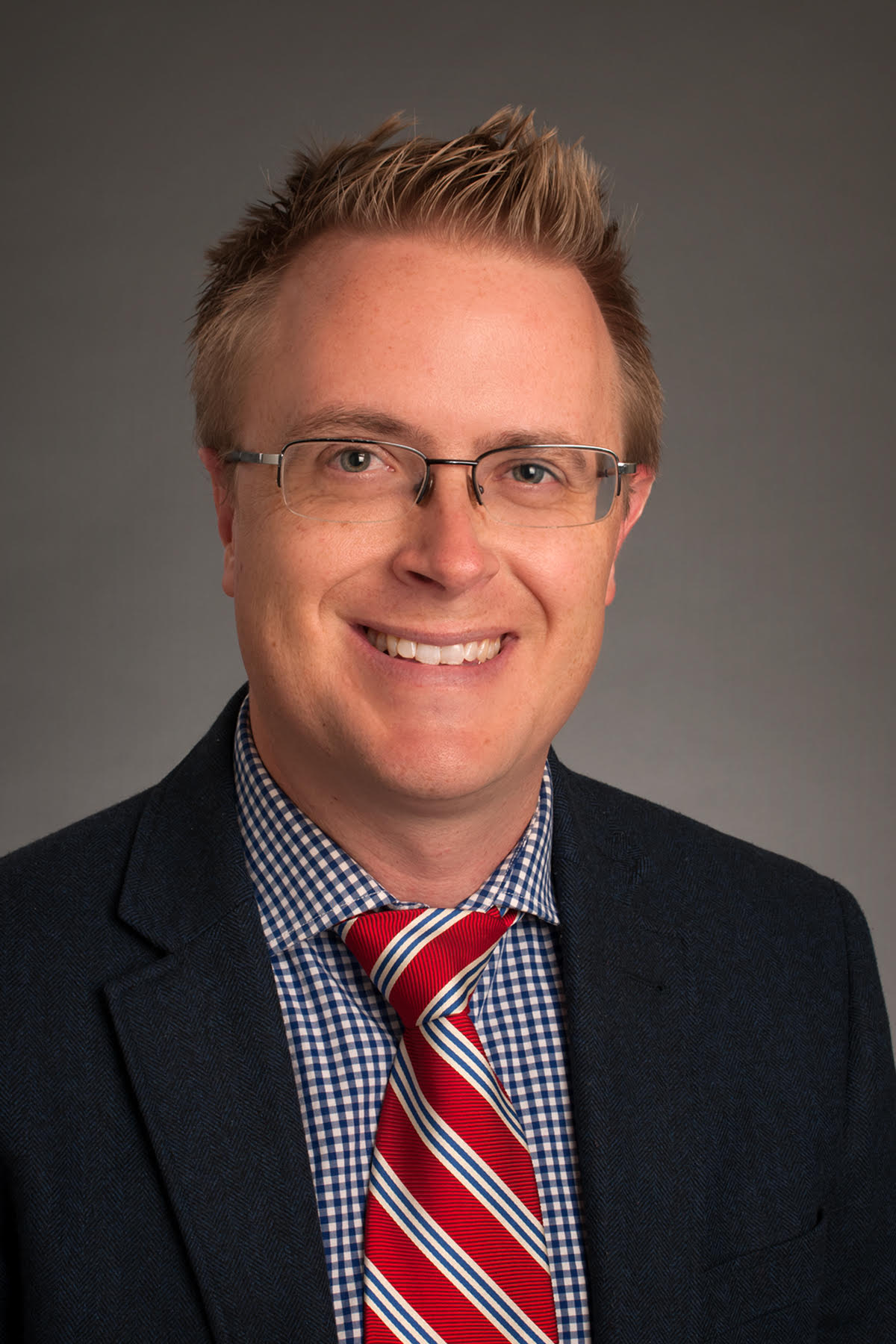
Matthew Genuchi
Associate Professor
Dr. Genuchi has been with the Department of Psychological Science since 2011. Since his formative time as an undergraduate, working with Dr. Gary Brooks at Baylor University, Dr. Genuchi has been intrigued by questions and issues surrounding the psychology of men and masculinities. His research interests have primarily focused on men’s mental health, including understanding how conformity to masculine norms impacts men’s experiences of depression and high rates of suicide death. Dr. Genuchi is also interested in developing interventions that are uniquely tailored towards men’s mental health needs and experiences. Currently, he serves as the team lead of the Healthy Masculinities Initiative at Boise State as well as a senior researcher with the University of British Columbia’s Reducing Male Suicide Research Excellence Cluster. Dr. Genuchi also hosts the men’s mental health-focused podcast, Inside Men’s Mental Health.
Dr. Genuchi completed his doctoral training in the APA-accredited counseling psychology program at the University of Denver, as well as his APA-accredited doctoral internship at the University of Idaho Counseling and Testing Center. He is a licensed psychologist in the state of Idaho (PSY-202648).
Dr. Genuchi has been with the Department of Psychological Science since 2011. Since his formative time as an undergraduate, working with Dr. Gary Brooks at Baylor University, Dr. Genuchi has been intrigued by questions and issues surrounding the psychology of men and masculinities. His research interests have primarily focused on men’s mental health, including understanding how conformity to masculine norms impacts men’s experiences of depression and high rates of suicide death. Dr. Genuchi is also interested in developing interventions that are uniquely tailored towards men’s mental health needs and experiences. Currently, he serves as the team lead of the Healthy Masculinities Initiative at Boise State as well as a senior researcher with the University of British Columbia’s Reducing Male Suicide Research Excellence Cluster. Dr. Genuchi also hosts the men’s mental health-focused podcast, Inside Men’s Mental Health.
Dr. Genuchi completed his doctoral training in the APA-accredited counseling psychology program at the University of Denver, as well as his APA-accredited doctoral internship at the University of Idaho Counseling and Testing Center. He is a licensed psychologist in the state of Idaho (PSY-202648).
-
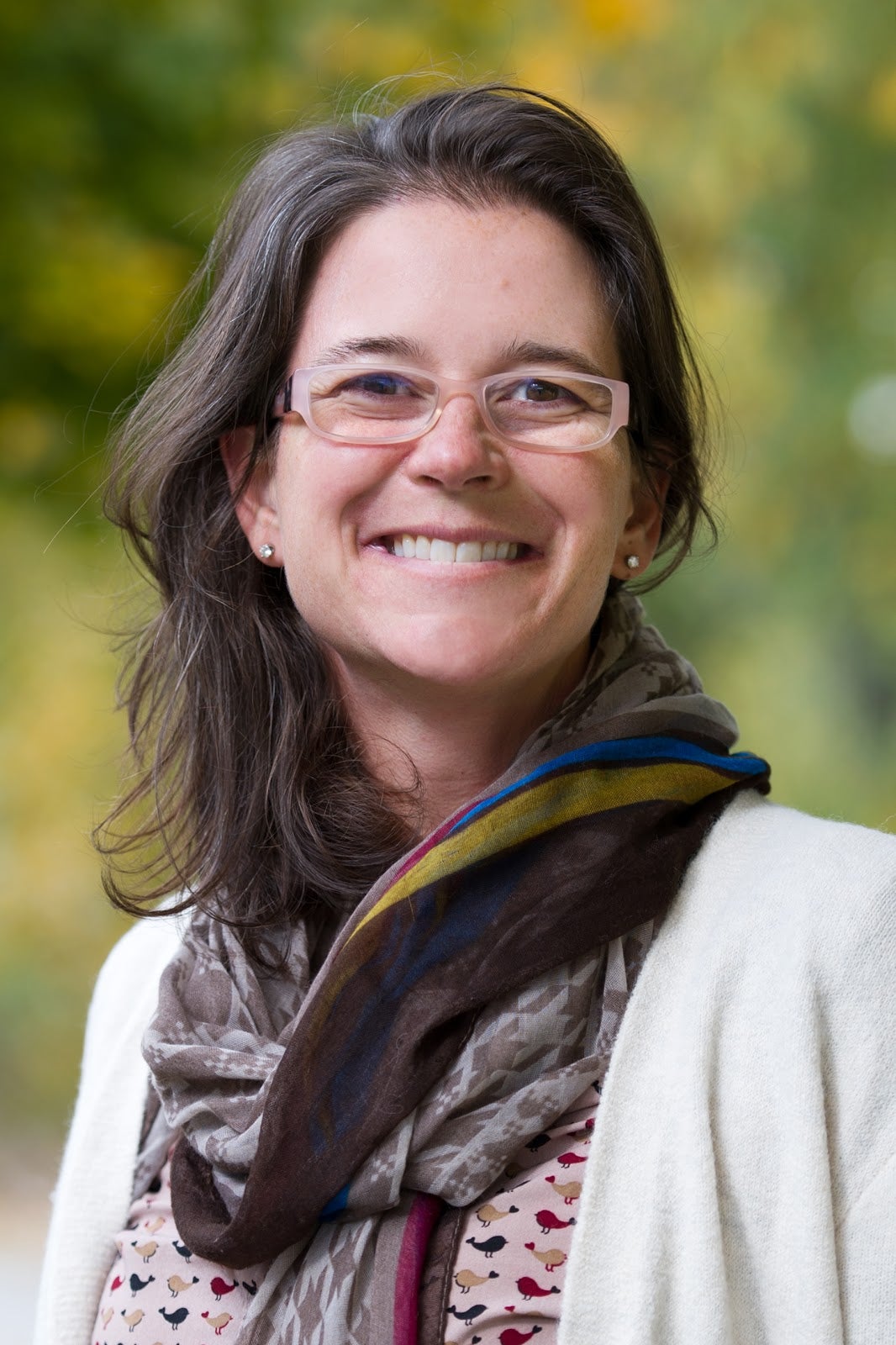
Kimberly Henderson
Senior Lecturer
Being a Developmental Psychologist, Dr. Henderson focuses her research on the chaos that comes through the changes associated with significant transitions in life. One such transition is the one that the majority of the students Dr. Henderson works with are making right now, the transition to adulthood. While Dr. Henderson does not have an active research lab, the majority of her resources (creativity, interest, passion, and curiosity) are dedicated to teaching and providing opportunities to students that help them navigate the “chaos” through personal empowerment and teaching content that contributes to their quality of life (i.e., Art of Happiness, Human Relationships, Social Psychology, General Psychology, Design Your Life Workshops).The teaching aspect of Dr. Henderson’s career is both varied and delightful, as she has been fortunate enough to teach on many psychology related topics, as well teaching in many different environments. Dr. Henderson finds the classroom “setting” invigorating and is constantly seeking new ways to do things better and source new teaching methodologies to try in the classroom.
If you are out looking for Dr. Henderson off campus, you are most likely going to find her: hanging with her homies (Husband and kiddos: fur and non-fur), taking and teaching yoga classes, on some travel/road trip adventure, knitting something that no one will ever use/wear, volunteering at YMCA Summer Camp, and/or hanging at a coffee shop – pretending to be intellectual by reading random books (recent sampling: Human Relationships: Lifespan Development, 7 habits of highly effective people, Siddhartha, Mutant Massage, Drive 2.0), chatting with her neighbor, and crafting my random musings.
Did you get what you came for? If you have a follow-up question or are looking for some clarification please feel free to email Dr. Henderson: kimberlyhenderson@boisestate.edu
Being a Developmental Psychologist, Dr. Henderson focuses her research on the chaos that comes through the changes associated with significant transitions in life. One such transition is the one that the majority of the students Dr. Henderson works with are making right now, the transition to adulthood. While Dr. Henderson does not have an active research lab, the majority of her resources (creativity, interest, passion, and curiosity) are dedicated to teaching and providing opportunities to students that help them navigate the “chaos” through personal empowerment and teaching content that contributes to their quality of life (i.e., Art of Happiness, Human Relationships, Social Psychology, General Psychology, Design Your Life Workshops).The teaching aspect of Dr. Henderson’s career is both varied and delightful, as she has been fortunate enough to teach on many psychology related topics, as well teaching in many different environments. Dr. Henderson finds the classroom “setting” invigorating and is constantly seeking new ways to do things better and source new teaching methodologies to try in the classroom.
If you are out looking for Dr. Henderson off campus, you are most likely going to find her: hanging with her homies (Husband and kiddos: fur and non-fur), taking and teaching yoga classes, on some travel/road trip adventure, knitting something that no one will ever use/wear, volunteering at YMCA Summer Camp, and/or hanging at a coffee shop – pretending to be intellectual by reading random books (recent sampling: Human Relationships: Lifespan Development, 7 habits of highly effective people, Siddhartha, Mutant Massage, Drive 2.0), chatting with her neighbor, and crafting my random musings.
Did you get what you came for? If you have a follow-up question or are looking for some clarification please feel free to email Dr. Henderson: kimberlyhenderson@boisestate.edu
-
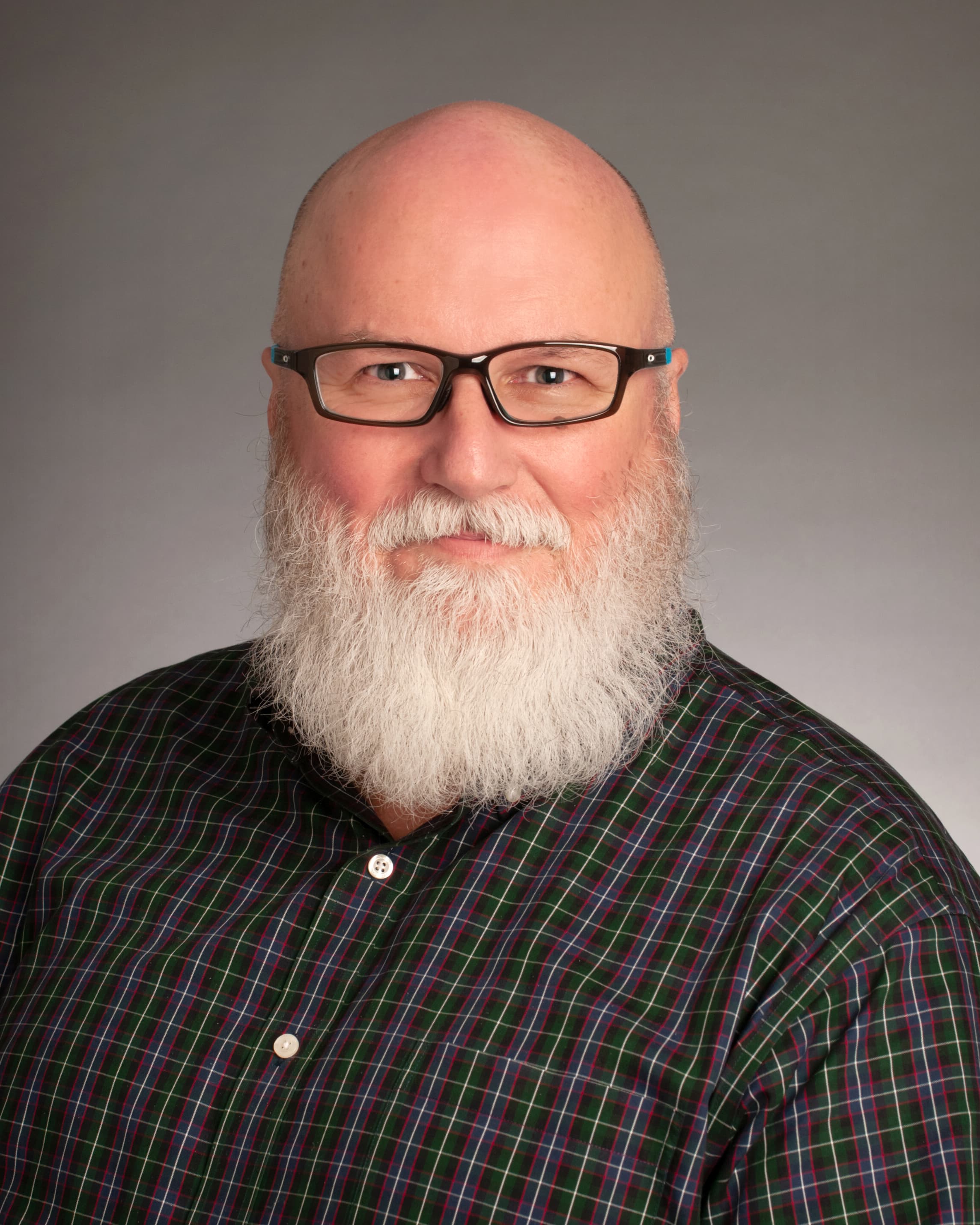
R. Eric Landrum
Distinguished Professor
R. Eric Landrum is a distinguished professor of psychology at Boise State University. He received his Ph.D. in cognitive psychology from Southern Illinois University-Carbondale. His research interests center on the educational conditions that best facilitate student success as well as the use of SoTL strategies to advance the efforts of scientist-educators. He has over 425 professional presentations at conferences and published 3 edited texts, 23 books/textbooks, 29 book chapters, and has published over 85 professional articles in scholarly, peer-reviewed journals. He has worked with over 300 undergraduate research assistants and taught over 13,000 students in 30 years at Boise State. He is a member of the American Psychological Association, a fellow in APA’s Division Two (Society for the Teaching of Psychology or STP), and served as STP Secretary (2009-2011) and STP President (2014). He was a charter member of the Association for Psychological Science and was named a Fellow in 2018. During 2016-2017 Eric served as President of the Rocky Mountain Psychological Association (RMPA) and during 2017-2018 served as President of Psi Chi, the International Honor Society in Psychology. In August 2019, he received the American Psychological Foundation’s Charles L. Brewer Distinguished Teaching of Psychology Award, the highest award given to teachers of psychology in America.
R. Eric Landrum is a distinguished professor of psychology at Boise State University. He received his Ph.D. in cognitive psychology from Southern Illinois University-Carbondale. His research interests center on the educational conditions that best facilitate student success as well as the use of SoTL strategies to advance the efforts of scientist-educators. He has over 425 professional presentations at conferences and published 3 edited texts, 23 books/textbooks, 29 book chapters, and has published over 85 professional articles in scholarly, peer-reviewed journals. He has worked with over 300 undergraduate research assistants and taught over 13,000 students in 30 years at Boise State. He is a member of the American Psychological Association, a fellow in APA’s Division Two (Society for the Teaching of Psychology or STP), and served as STP Secretary (2009-2011) and STP President (2014). He was a charter member of the Association for Psychological Science and was named a Fellow in 2018. During 2016-2017 Eric served as President of the Rocky Mountain Psychological Association (RMPA) and during 2017-2018 served as President of Psi Chi, the International Honor Society in Psychology. In August 2019, he received the American Psychological Foundation’s Charles L. Brewer Distinguished Teaching of Psychology Award, the highest award given to teachers of psychology in America.
-
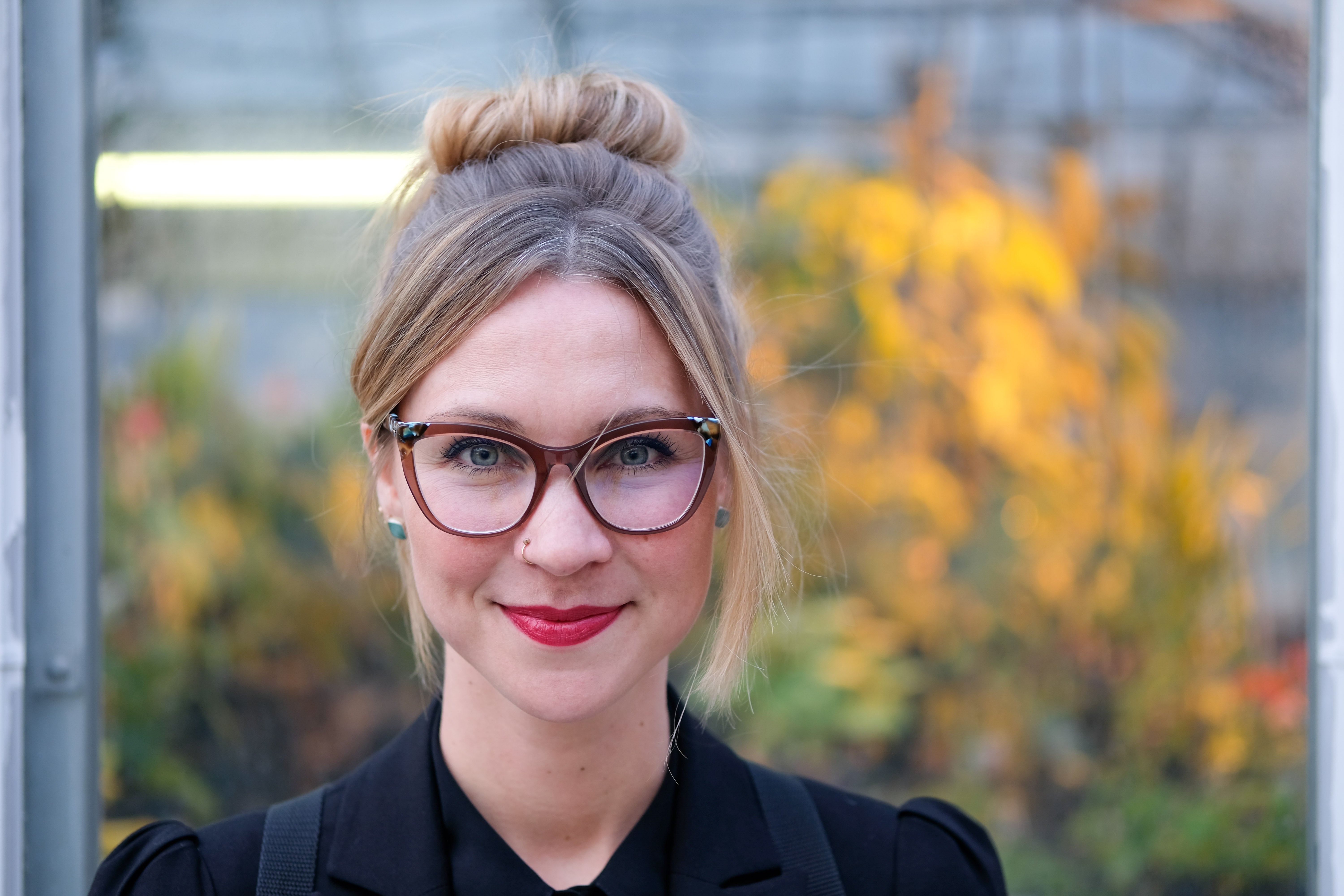
April Masarik
Associate Professor
Dr. April Masarik joined the Department of Psychological Science as a tenure-track Assistant Professor in 2015. She earned her Ph.D. in Human Development and a M.S. in Child Development from the University of California, Davis. Her research centers on stress and resilience, dynamics in close relationships, intergenerational transmission, and the social, cultural, and biological influences on development. Dr. Masarik directs the Human Development and Ecology Lab, conducting research with an interdisciplinary team of faculty, students, and community stakeholders to investigate the factors that influence health and well-being among refugee youth and families.
She regularly teaches courses in Child Development, Multicultural Perspectives on Children and Families, and Research Methods. Since her arrival to Boise State University, Dr. Masarik has taught over 1,000 students in her courses and has mentored nearly 100 students in research and teaching. In 2019, she was a Top Ten Scholar Honored Faculty Member.
Dr. Masarik serves on the Editorial Board for the Journal of Youth and Adolescence and is a member of the American Psychological Association, the National Council on Family Relations, and the Society for Research in Child Development to name a few.
Dr. April Masarik joined the Department of Psychological Science as a tenure-track Assistant Professor in 2015. She earned her Ph.D. in Human Development and a M.S. in Child Development from the University of California, Davis. Her research centers on stress and resilience, dynamics in close relationships, intergenerational transmission, and the social, cultural, and biological influences on development. Dr. Masarik directs the Human Development and Ecology Lab, conducting research with an interdisciplinary team of faculty, students, and community stakeholders to investigate the factors that influence health and well-being among refugee youth and families.
She regularly teaches courses in Child Development, Multicultural Perspectives on Children and Families, and Research Methods. Since her arrival to Boise State University, Dr. Masarik has taught over 1,000 students in her courses and has mentored nearly 100 students in research and teaching. In 2019, she was a Top Ten Scholar Honored Faculty Member.
Dr. Masarik serves on the Editorial Board for the Journal of Youth and Adolescence and is a member of the American Psychological Association, the National Council on Family Relations, and the Society for Research in Child Development to name a few.
-

Cindy McCrea
Assistant Professor
Dr. McCrea is an experimental health psychologist by training, finding herself intrigued by the impact psychological patterns, emotions and attitudes have on the body and how those contribute to or detract from wellness. Dr. McCrea has focused her undergraduate intensive research agenda on the following two lines of research: Do feelings of social rejection prevent people from making healthy choices? If so, what sorts of interventions may ameliorate this effect? And, the impact of metacognitive training on college student critical thinking skills. She very much enjoys her teaching and advising roles in the department as well. Dr. McCrea’s favorite courses to teach are PSYC 101, 295, 321 and 331.
Dr. McCrea is an experimental health psychologist by training, finding herself intrigued by the impact psychological patterns, emotions and attitudes have on the body and how those contribute to or detract from wellness. Dr. McCrea has focused her undergraduate intensive research agenda on the following two lines of research: Do feelings of social rejection prevent people from making healthy choices? If so, what sorts of interventions may ameliorate this effect? And, the impact of metacognitive training on college student critical thinking skills. She very much enjoys her teaching and advising roles in the department as well. Dr. McCrea’s favorite courses to teach are PSYC 101, 295, 321 and 331.
-

Tedd McDonald
Professor
Dr. Tedd McDonald is a community psychologist with broad interests in the mental health and well-being of people in a variety of contexts, including families, neighborhoods, and societies. He earned his Ph.D. from the University of Wisconsin-Milwaukee in 1998, and joined Boise State in 2001. A self-described utility-infielder (or a “Jack of all trades and master of none”), Dr. McDonald has taught many courses in the department, including Capstone Perspectives, Community Mental Health, Community Psychology, Intro to Counseling Skills, Learning, Personality, Research Methods, and Statistical Methods. His research is broadly related to community mental health, particularly as it relates to vulnerable populations including high risk children and families, youth involved in the juvenile justice system, members of resettlement communities (i.e., refugees), isolated rural residents, and Native Americans. He contracts with numerous agencies on externally-funded research, and employs both undergraduate and graduate students for either course credit or pay.
Dr. Tedd McDonald is a community psychologist with broad interests in the mental health and well-being of people in a variety of contexts, including families, neighborhoods, and societies. He earned his Ph.D. from the University of Wisconsin-Milwaukee in 1998, and joined Boise State in 2001. A self-described utility-infielder (or a “Jack of all trades and master of none”), Dr. McDonald has taught many courses in the department, including Capstone Perspectives, Community Mental Health, Community Psychology, Intro to Counseling Skills, Learning, Personality, Research Methods, and Statistical Methods. His research is broadly related to community mental health, particularly as it relates to vulnerable populations including high risk children and families, youth involved in the juvenile justice system, members of resettlement communities (i.e., refugees), isolated rural residents, and Native Americans. He contracts with numerous agencies on externally-funded research, and employs both undergraduate and graduate students for either course credit or pay.
-
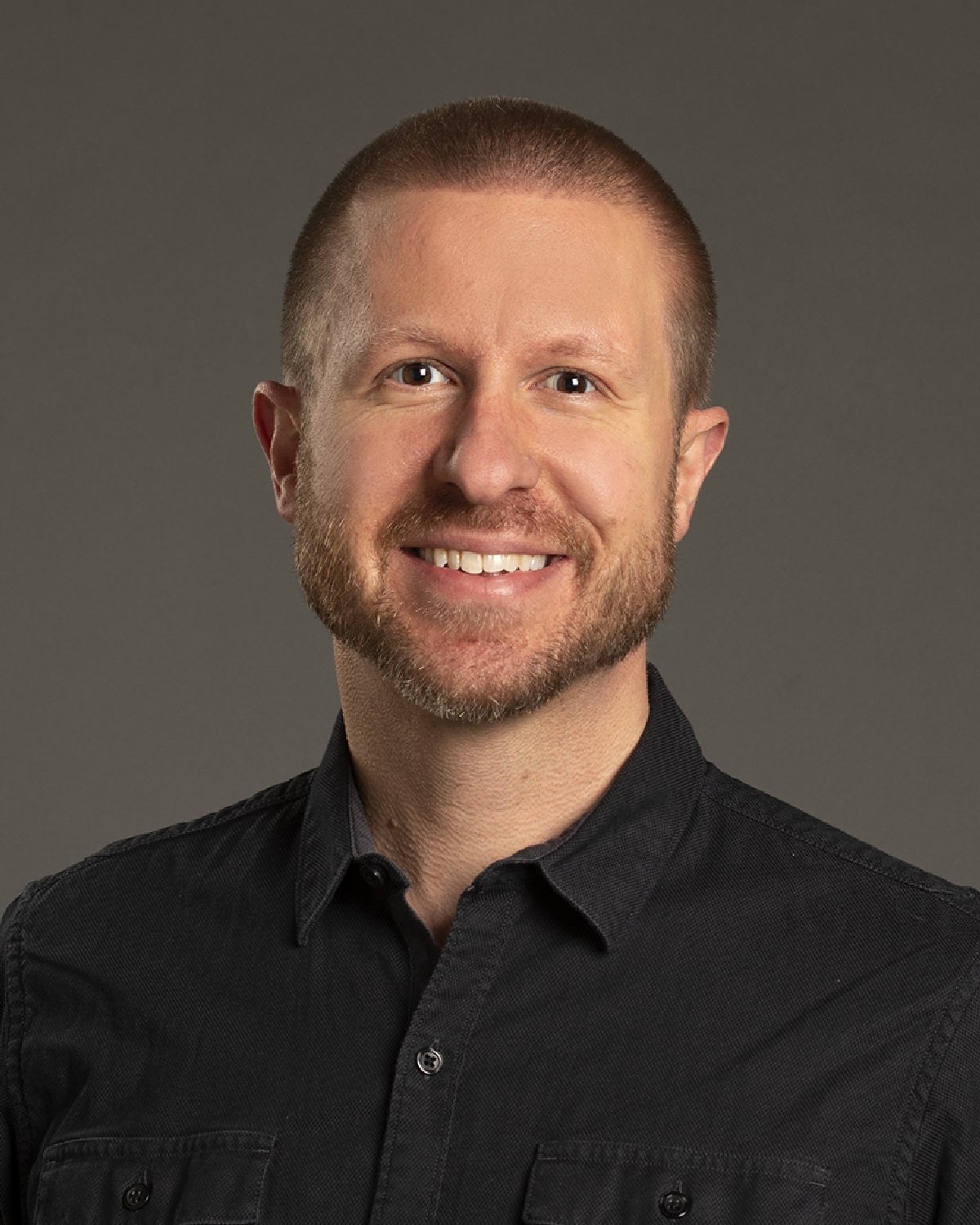
Brian W. Stone
Associate Professor
Dr. Brian Stone is a cognitive psychologist whose research connects judgment and decision making (e.g., analytical reasoning, misinformation), comparative cognition (AI, human, and animal), perception/action, tool use, and the scholarship of teaching and learning (especially around AI and accessibility in higher ed). He received his Ph.D. in Psychology from the University of Georgia, where he also received a M.S. in the Neuroscience and Behavior program. Before that, he received a B.S. in Psychology and a B.A. in Philosophy from Washington State University. His work has been supported through organizations such as the Association for Psychological Science, Wiki Education, Teach Access through the Silicon Valley Community Foundation, the College of Innovation and Design, the IAAV, and the eCampus Research Center. He has helped launch the Boise State Neuroscience program and the AI for All certificate. He teaches courses in the experimental cluster such as Perception, Cognitive Psychology, and Learning, as well as core courses like Research Methods and Statistics, and in 2024 he received the Golden Apple teaching award.
Dr. Brian Stone is a cognitive psychologist whose research connects judgment and decision making (e.g., analytical reasoning, misinformation), comparative cognition (AI, human, and animal), perception/action, tool use, and the scholarship of teaching and learning (especially around AI and accessibility in higher ed). He received his Ph.D. in Psychology from the University of Georgia, where he also received a M.S. in the Neuroscience and Behavior program. Before that, he received a B.S. in Psychology and a B.A. in Philosophy from Washington State University. His work has been supported through organizations such as the Association for Psychological Science, Wiki Education, Teach Access through the Silicon Valley Community Foundation, the College of Innovation and Design, the IAAV, and the eCampus Research Center. He has helped launch the Boise State Neuroscience program and the AI for All certificate. He teaches courses in the experimental cluster such as Perception, Cognitive Psychology, and Learning, as well as core courses like Research Methods and Statistics, and in 2024 he received the Golden Apple teaching award.
-
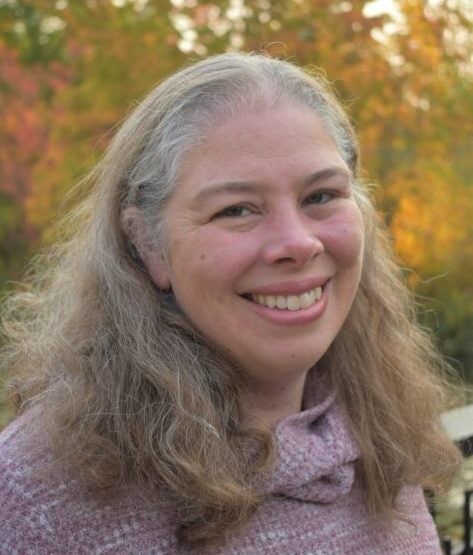
Jennifer Weaver
Associate Professor
Dr. Weaver earned her doctorate in developmental psychology at the University of California, Irvine in 2009. She joined the faculty at Boise State in January, 2012 after completing a post-doctoral fellowship at the University of North Carolina, Greensboro. Her research interests are in infant and early child development, particularly parenting and the family’s role in children’s social development. In recent work she has been exploring infant feeding practices, such as bottle and breastfeeding, and how this relates to parents’ behavior and well being. Dr. Weaver has also been extensively involved with the NICHD Study of Early Child Care and Youth Development, a national study looking at the effects of child care and parenting on children’s development from birth to age 15. At Boise State, Dr. Weaver frequently teaches Psyc 309 (Child Development), Psyc 419 (Multicultural Children and Families), and PSYC 321 (Research Methods). In her free time, Dr. Weaver enjoys spending time with her husband and four children.
Psychological ScienceDr. Weaver earned her doctorate in developmental psychology at the University of California, Irvine in 2009. She joined the faculty at Boise State in January, 2012 after completing a post-doctoral fellowship at the University of North Carolina, Greensboro. Her research interests are in infant and early child development, particularly parenting and the family’s role in children’s social development. In recent work she has been exploring infant feeding practices, such as bottle and breastfeeding, and how this relates to parents’ behavior and well being. Dr. Weaver has also been extensively involved with the NICHD Study of Early Child Care and Youth Development, a national study looking at the effects of child care and parenting on children’s development from birth to age 15. At Boise State, Dr. Weaver frequently teaches Psyc 309 (Child Development), Psyc 419 (Multicultural Children and Families), and PSYC 321 (Research Methods). In her free time, Dr. Weaver enjoys spending time with her husband and four children.
-

Dr. Mary Pritchard
Advising Services Coordinator
Dr. Mary Pritchard received her Ph.D. in Experimental Psychology from the University of Denver. She regularly teaches Psychology of Eating, Psychology of Health, Community Psychology, and Healthy Body, Healthy Mind. She is passionate about helping students find their career path and connecting them with resources to help them succeed. In her spare time, you can find Dr. Pritchard hiking, exploring slot canyons, climbing, or spending time with friends and family.
Reach out to Dr. Pritchard with any questions about degree planning, academic advising, or opportunities available for Psychology majors.
Schedule an Advising Appointment with the Psychology Advisors
Psychological ScienceDr. Mary Pritchard received her Ph.D. in Experimental Psychology from the University of Denver. She regularly teaches Psychology of Eating, Psychology of Health, Community Psychology, and Healthy Body, Healthy Mind. She is passionate about helping students find their career path and connecting them with resources to help them succeed. In her spare time, you can find Dr. Pritchard hiking, exploring slot canyons, climbing, or spending time with friends and family.
Reach out to Dr. Pritchard with any questions about degree planning, academic advising, or opportunities available for Psychology majors.
Schedule an Advising Appointment with the Psychology Advisors
-

Alex Hartford
Business Operations Coordinator
Alex graduated in 2013 with a Sociology and criminology degree from the University of Montana. He has worked with youth experiencing severe emotional disorders in schools, coached high school sports, worked within the juvenile justice system, and in department and organizational leadership. He has been continuously developing his operational and leadership skills. Away from work you can find him spending time with his family, working on his house, golfing, or enjoying local restaurants.
Psychological ScienceAlex graduated in 2013 with a Sociology and criminology degree from the University of Montana. He has worked with youth experiencing severe emotional disorders in schools, coached high school sports, worked within the juvenile justice system, and in department and organizational leadership. He has been continuously developing his operational and leadership skills. Away from work you can find him spending time with his family, working on his house, golfing, or enjoying local restaurants.
Affiliated Faculty
-
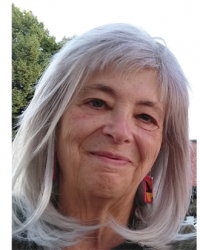
Candyce Reynolds
Director of University Foundations
Dr. Reynolds holds a Ph.D. in counseling psychology from the University of Oregon and joined Boise State University in the Spring of 2021 as the Director of the University Foundations Program. She is a national expert in integrative learning and the use of e-portfolio to help students document and reflect on their learning.
Dr. Reynolds teaches PSYC 101 – Introduction to Psychology in the Department of Psychological Science.
Dr. Reynolds holds a Ph.D. in counseling psychology from the University of Oregon and joined Boise State University in the Spring of 2021 as the Director of the University Foundations Program. She is a national expert in integrative learning and the use of e-portfolio to help students document and reflect on their learning.
Dr. Reynolds teaches PSYC 101 – Introduction to Psychology in the Department of Psychological Science.
Adjunct Faculty
-
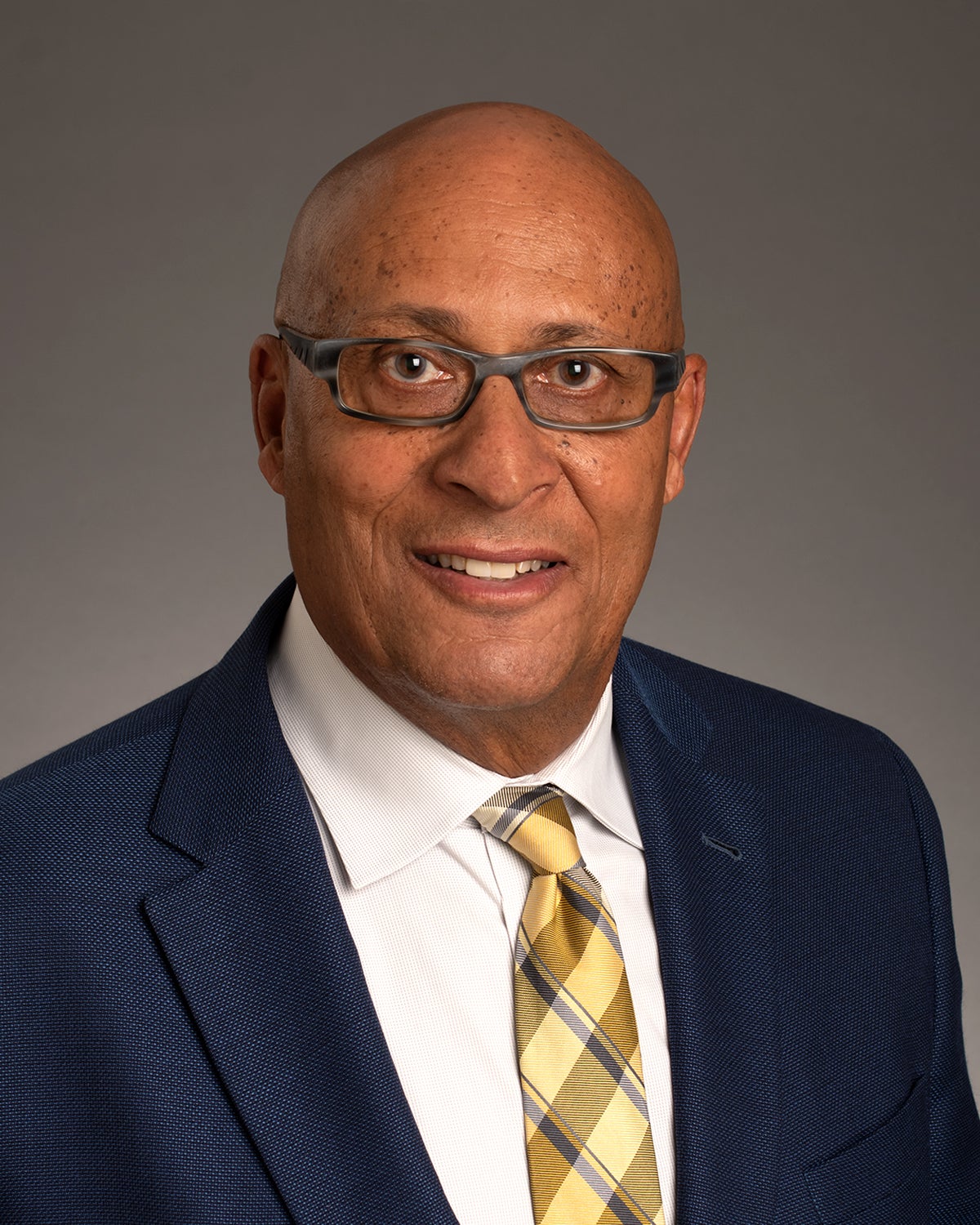
Gerald Bell
Senior Adjunct Professor
Dr. Bell has been an instructor for the Department of Psychological Science at Boise State since 2005. As our longest-standing adjunct professor, he possesses substantial teaching experience and most commonly teaches PSYC 219 Cross-cultural Psychology, PSYC 301 Abnormal Psychology, and PSYC 310 Adolescent and Adult Development.
Psychological ScienceDr. Bell has been an instructor for the Department of Psychological Science at Boise State since 2005. As our longest-standing adjunct professor, he possesses substantial teaching experience and most commonly teaches PSYC 219 Cross-cultural Psychology, PSYC 301 Abnormal Psychology, and PSYC 310 Adolescent and Adult Development.
-
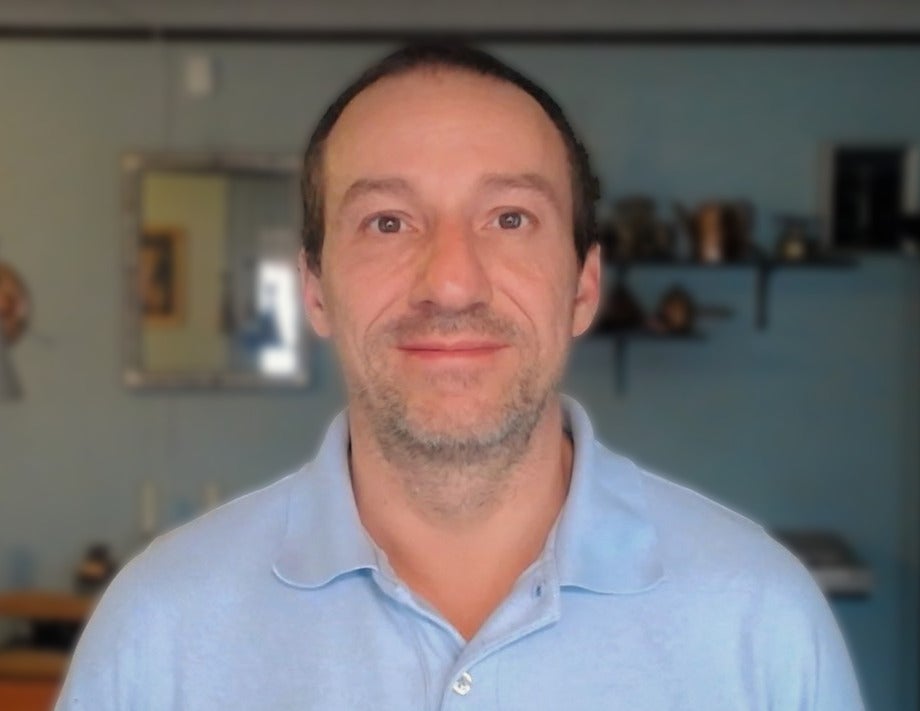
Kristopher Bradley
Adjunct Professor
Dr. Bradley received a B.A. (2008), an M.S.(2010), and a Ph.D.(2013) in psychology from Oklahoma State University. Since graduating, he has taught at several online and in-person universities in a variety of areas, including psychology, research design, and communication.
Psychological ScienceDr. Bradley received a B.A. (2008), an M.S.(2010), and a Ph.D.(2013) in psychology from Oklahoma State University. Since graduating, he has taught at several online and in-person universities in a variety of areas, including psychology, research design, and communication.
-

Julie Foley
Adjunct Professor
Dr. Foley earned a Doctor of Marital and Family Therapy and a M.S. in Marital and Family Therapy from Loma Linda University, and a B.A. in Family Resources and Human Development from Arizona State University. Dr. Foley is a Licensed Marriage and Family Therapist with over 20 years of experience in a variety of clinical settings. Dr. Foley’s areas of expertise include adolescent treatment, couples therapy, family therapy, parent coaching, substance use disorders, and clinical supervision. In addition to clinical expertise, Dr. Foley is an experienced adjunct faculty at Loma Linda University and UMass Global.
Psychological ScienceDr. Foley earned a Doctor of Marital and Family Therapy and a M.S. in Marital and Family Therapy from Loma Linda University, and a B.A. in Family Resources and Human Development from Arizona State University. Dr. Foley is a Licensed Marriage and Family Therapist with over 20 years of experience in a variety of clinical settings. Dr. Foley’s areas of expertise include adolescent treatment, couples therapy, family therapy, parent coaching, substance use disorders, and clinical supervision. In addition to clinical expertise, Dr. Foley is an experienced adjunct faculty at Loma Linda University and UMass Global.
-
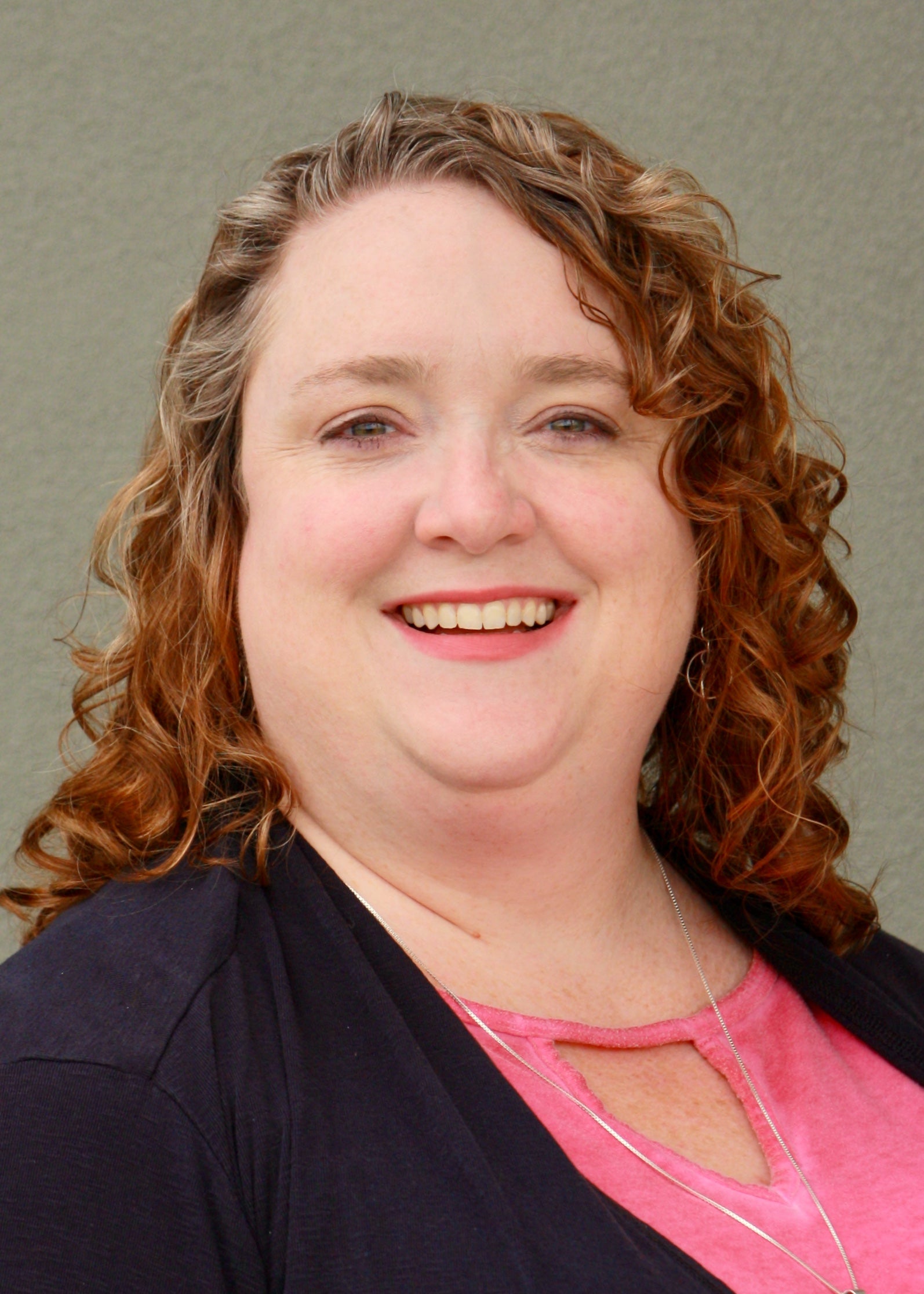
Carolyn Golden
Senior Adjunct Professor/Licensed Psychologist
Carolyn Golden is a licensed psychologist who, in addition to teaching as an adjunct professor at BSU, sees clients for therapy and testing at Northwest Neurobehavioral Health, LLC in Meridian, Idaho. She earned her PsyD from the Illinois School of Professional Psychology in Chicago and came to Idaho for her predoctoral internship in 2004. At NNH, Dr. Golden works with children, families, and adults, particularly those with autism, OCD, and anxiety. She enjoys teaching and training, supervising interns and post-doctoral clinicians. Her joys in teaching include increasing critical thinking skills and encouraging curiosity.
Psychological ScienceCarolyn Golden is a licensed psychologist who, in addition to teaching as an adjunct professor at BSU, sees clients for therapy and testing at Northwest Neurobehavioral Health, LLC in Meridian, Idaho. She earned her PsyD from the Illinois School of Professional Psychology in Chicago and came to Idaho for her predoctoral internship in 2004. At NNH, Dr. Golden works with children, families, and adults, particularly those with autism, OCD, and anxiety. She enjoys teaching and training, supervising interns and post-doctoral clinicians. Her joys in teaching include increasing critical thinking skills and encouraging curiosity.
-
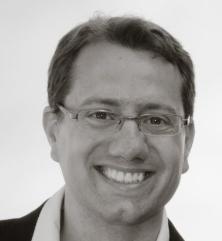
Gustavo Gonzales-Cuevas
Adjunct Professor
Dr. Gonzalez-Cuevas is a seasoned scholar with a rich academic background. He holds a B.S. in Psychology and Cognitive Science from Complutense University of Madrid (Spain), where he also earned his doctorate in Neuroscience. Subsequently, he was awarded a Fulbright post-doctoral research fellowship in neuropsychopharmacology at The Scripps Research Institute (La Jolla, CA). His current research interests encompass diverse domains, including cognitive science, neuropharmacology, psychometrics, as well as methods of statistical analysis. As an educator, Dr. Gonzalez-Cuevas is committed to helping students develop scientific reasoning and critical thinking skills within a diverse and inclusive learning environment. For fun, he loves spending time with his family (particularly his energetic toddler twins), reading, traveling, and running.
Psychological ScienceDr. Gonzalez-Cuevas is a seasoned scholar with a rich academic background. He holds a B.S. in Psychology and Cognitive Science from Complutense University of Madrid (Spain), where he also earned his doctorate in Neuroscience. Subsequently, he was awarded a Fulbright post-doctoral research fellowship in neuropsychopharmacology at The Scripps Research Institute (La Jolla, CA). His current research interests encompass diverse domains, including cognitive science, neuropharmacology, psychometrics, as well as methods of statistical analysis. As an educator, Dr. Gonzalez-Cuevas is committed to helping students develop scientific reasoning and critical thinking skills within a diverse and inclusive learning environment. For fun, he loves spending time with his family (particularly his energetic toddler twins), reading, traveling, and running.
-

Krissy Graham
Adjunct Professor
Dr. Kristyn Graham, or Dr. k as her students and clients know her, defines her life in passions. Her first week of college one of her professors told the class one secret to happiness and success is to find something you are passionate about and turn it into your career. Dr. k’s passions are psychology, education, and relationships. All of these are demonstrated through her various career paths. Her understanding of psychology, and its different configurations, combined with a passion for sharing knowledge, has allowed her to assist countless individuals dealing with substance use and mental health disorders. Her desire to hear an individual’s story and work with them on their path has helped her build a solid reputation as a counselor. These same skills have also helped her educate and support numerous interns and counselors through Clinical Supervision.
A passion for education propelled Dr. k through many years of schooling up through the completion of her doctorate in 2021. It has also facilitated a number of diverse trainings and certifications including: treating personality disorders, prevention and treatment of compassion fatigue, EMDR, mental health nutrition, and a number of specialty treatment programs such as MRT. Areas of specialty currently include self-care and client retention for which she is recognized as a national speaker.On a personal level, she was born and raised in Idaho and the majority of her family is local. She cherishes the Sunday dinners involving four generations around the table. Dr. k currently lives with her youngest daughter, husband, two dogs (Great Pyrenees/St. Bernard and Husky/Collie), two Bearded Dragons (Scratch and Sniff), and various fresh and saltwater fish.
Psychological ScienceDr. Kristyn Graham, or Dr. k as her students and clients know her, defines her life in passions. Her first week of college one of her professors told the class one secret to happiness and success is to find something you are passionate about and turn it into your career. Dr. k’s passions are psychology, education, and relationships. All of these are demonstrated through her various career paths. Her understanding of psychology, and its different configurations, combined with a passion for sharing knowledge, has allowed her to assist countless individuals dealing with substance use and mental health disorders. Her desire to hear an individual’s story and work with them on their path has helped her build a solid reputation as a counselor. These same skills have also helped her educate and support numerous interns and counselors through Clinical Supervision.
A passion for education propelled Dr. k through many years of schooling up through the completion of her doctorate in 2021. It has also facilitated a number of diverse trainings and certifications including: treating personality disorders, prevention and treatment of compassion fatigue, EMDR, mental health nutrition, and a number of specialty treatment programs such as MRT. Areas of specialty currently include self-care and client retention for which she is recognized as a national speaker.On a personal level, she was born and raised in Idaho and the majority of her family is local. She cherishes the Sunday dinners involving four generations around the table. Dr. k currently lives with her youngest daughter, husband, two dogs (Great Pyrenees/St. Bernard and Husky/Collie), two Bearded Dragons (Scratch and Sniff), and various fresh and saltwater fish.
-
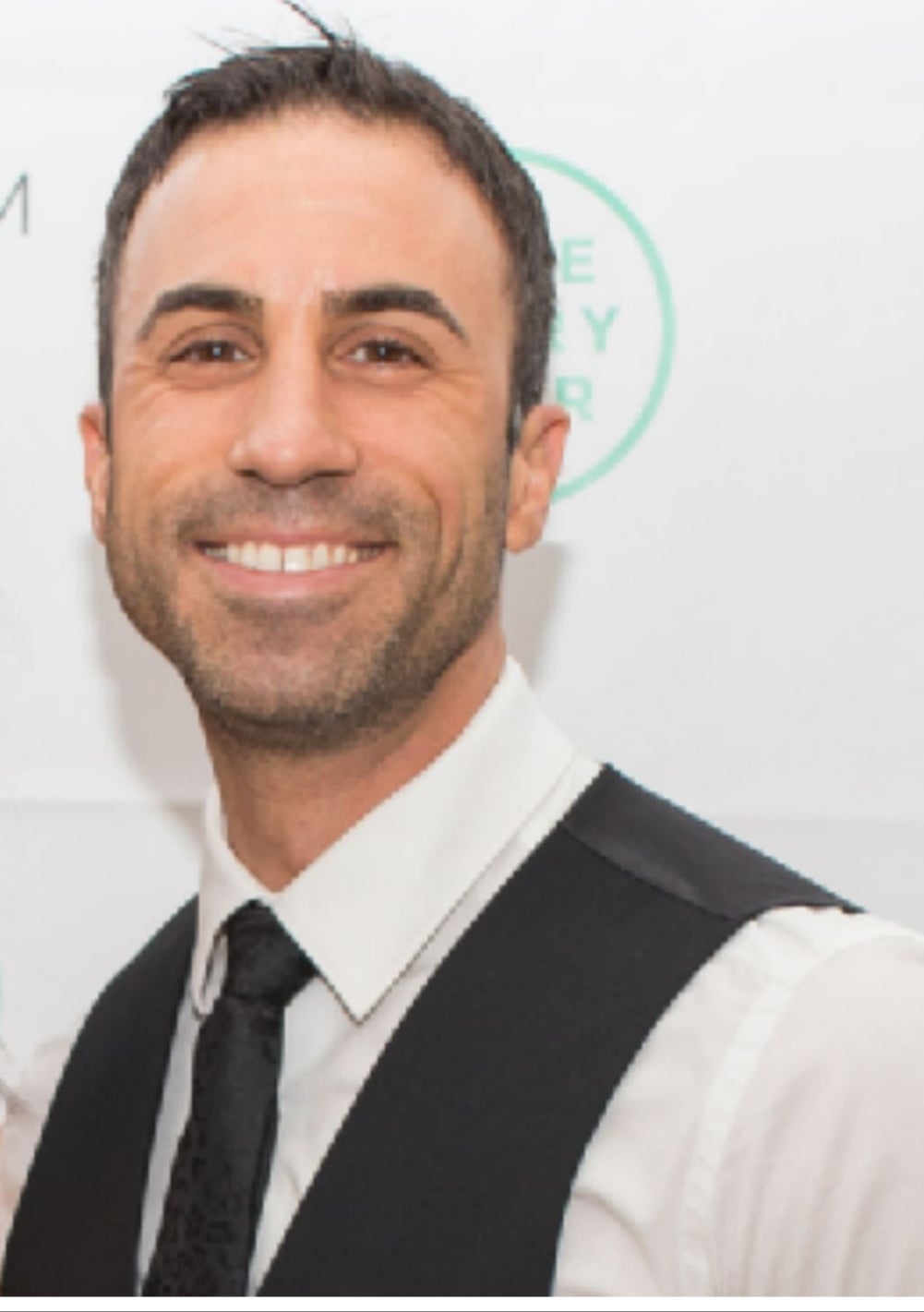
Craig Laudicina
Senior Adjunct Professor
Professor Laudicina is a Boise State Alumni, and a Licensed Clinical Professional Counselor (Supervisor) in the State of Idaho. He received a BS in Psychology from Boise State University, and an MS in Counseling from the University of Wyoming. He has been teaching for Boise State since 2014, and is a Mental Health Coordinator for the Boise Police Department. Craig is passionate about teaching and counseling. He loves working with students seeking to further their knowledge in the fields of psychology and finds it equally rewarding helping people living with Mental Illness. “My job is to watch people grow and embark upon self-discovery, aiding in their learning not only about themselves, but world around them as well. Counseling and teaching are a way of life, not just a job!”
Psychological ScienceProfessor Laudicina is a Boise State Alumni, and a Licensed Clinical Professional Counselor (Supervisor) in the State of Idaho. He received a BS in Psychology from Boise State University, and an MS in Counseling from the University of Wyoming. He has been teaching for Boise State since 2014, and is a Mental Health Coordinator for the Boise Police Department. Craig is passionate about teaching and counseling. He loves working with students seeking to further their knowledge in the fields of psychology and finds it equally rewarding helping people living with Mental Illness. “My job is to watch people grow and embark upon self-discovery, aiding in their learning not only about themselves, but world around them as well. Counseling and teaching are a way of life, not just a job!”
-
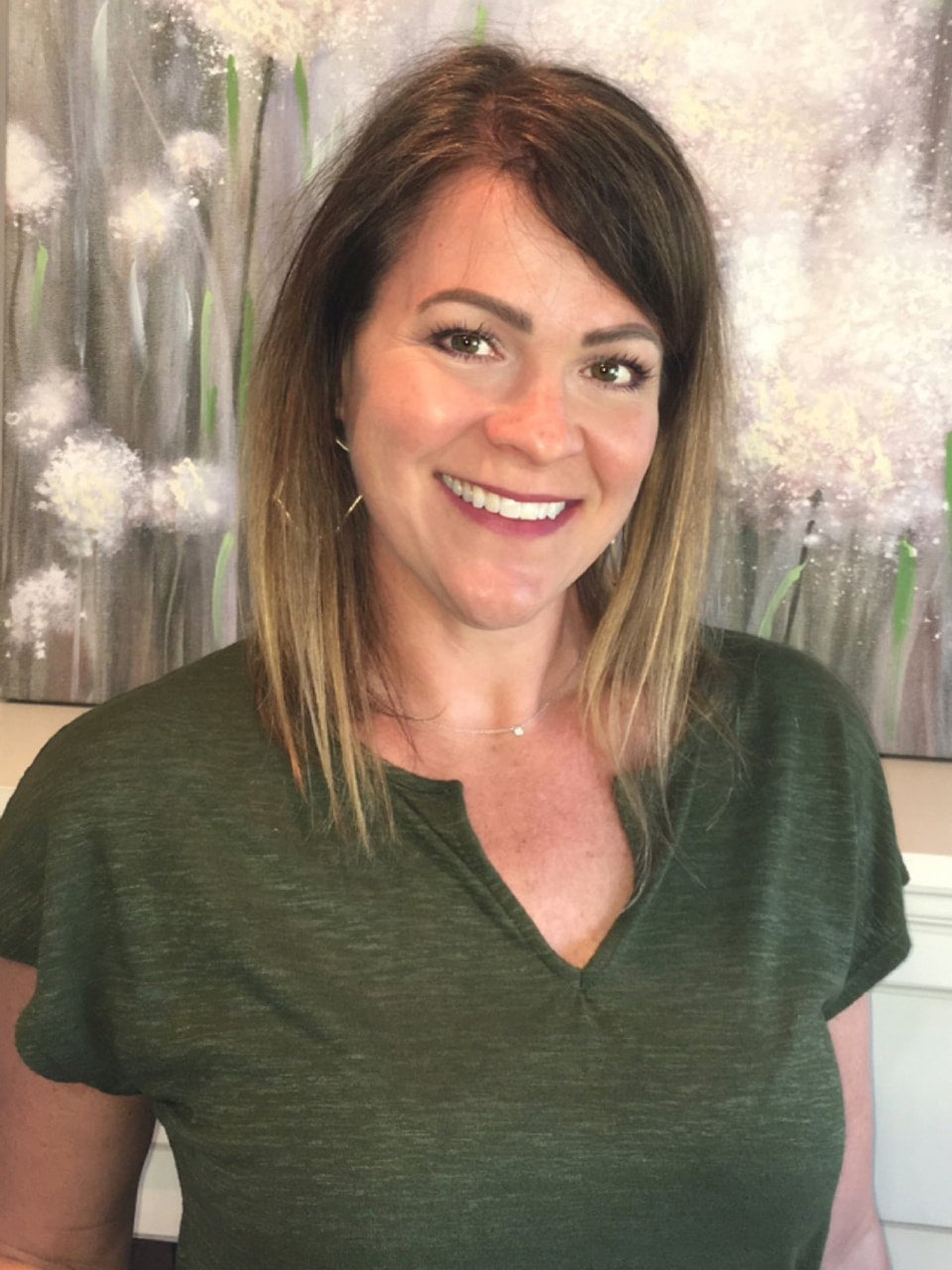
Crista Murray
Adjunct Professor
Dr. Murray has taught for undergraduate psychology classes for 15 years and enjoys helping students feel successful at learning. Her primary teaching goal is to engage students in unique ways so they may increase their understanding of the field of psychology. Outside of teaching, she maintains a private practice where her expertise include anxiety reduction and whole person wellness.
Psychological ScienceDr. Murray has taught for undergraduate psychology classes for 15 years and enjoys helping students feel successful at learning. Her primary teaching goal is to engage students in unique ways so they may increase their understanding of the field of psychology. Outside of teaching, she maintains a private practice where her expertise include anxiety reduction and whole person wellness.
-

Daddy Boy “DB” Nahalea
Adjunct Professor
Professor Nahalea is a first-generation college graduate from Hawai’i. He received a BA in Exercise Science and Wellness from Arizona State University and his MA in Counseling from Boise State University focused on substance use and addiction working with rural communities. His research interests include intergenerational trauma and multicultural counseling.
Psychological ScienceProfessor Nahalea is a first-generation college graduate from Hawai’i. He received a BA in Exercise Science and Wellness from Arizona State University and his MA in Counseling from Boise State University focused on substance use and addiction working with rural communities. His research interests include intergenerational trauma and multicultural counseling.
-

Tyrin Stevenson
Adjunct Professor
Professor Stevenson is currently the Human Services Program Specialist for the Idaho Suicide Prevention Program at the Department of Health and Welfare. He holds a master’s degree in Health Science with an emphasis in Health Service Leadership, a Graduate Certificate in Conflict Management and a Bachelor of Science degree with a minor in Psychology from Boise State University (BSU) where he was also a member of the wrestling team.
He comes with three years’ experience in program evaluation, data analysis and data management that he acquired during his time as a Graduate Research Assistant and a Research Association at the Center for Health Policy (CHP) – BSU. During his time at CHP, he worked on several state and federal programs including the Maternal, Infant, Early Childhood Home Visiting Program (MIECHV), Disproportionate Minority Contact, Clinical Services (mental health screening of juvenile entering the correctional system), Maternal Child Health (MCH), as well as the Tobacco Cessation Program.
His greatest passions in life are around mental health, destigmatizing mental health in society, suicide prevention, and essentially all fields of psychology. The biggest motivator is simply doing what you can to have a genuine impact on others in any manner possible.
As an adjunct professor at Boise State, he teaches PSYC101 – Intro to Psychology, PSYC331 – Psychology of Health, and PSYC497 – Psychology of Aging. He has also been a co-instructor for PSYC357 – Intro to Counseling Skills and PSYC487 – Capstone: History & Systems.
Psychological ScienceProfessor Stevenson is currently the Human Services Program Specialist for the Idaho Suicide Prevention Program at the Department of Health and Welfare. He holds a master’s degree in Health Science with an emphasis in Health Service Leadership, a Graduate Certificate in Conflict Management and a Bachelor of Science degree with a minor in Psychology from Boise State University (BSU) where he was also a member of the wrestling team.
He comes with three years’ experience in program evaluation, data analysis and data management that he acquired during his time as a Graduate Research Assistant and a Research Association at the Center for Health Policy (CHP) – BSU. During his time at CHP, he worked on several state and federal programs including the Maternal, Infant, Early Childhood Home Visiting Program (MIECHV), Disproportionate Minority Contact, Clinical Services (mental health screening of juvenile entering the correctional system), Maternal Child Health (MCH), as well as the Tobacco Cessation Program.
His greatest passions in life are around mental health, destigmatizing mental health in society, suicide prevention, and essentially all fields of psychology. The biggest motivator is simply doing what you can to have a genuine impact on others in any manner possible.
As an adjunct professor at Boise State, he teaches PSYC101 – Intro to Psychology, PSYC331 – Psychology of Health, and PSYC497 – Psychology of Aging. He has also been a co-instructor for PSYC357 – Intro to Counseling Skills and PSYC487 – Capstone: History & Systems.
-
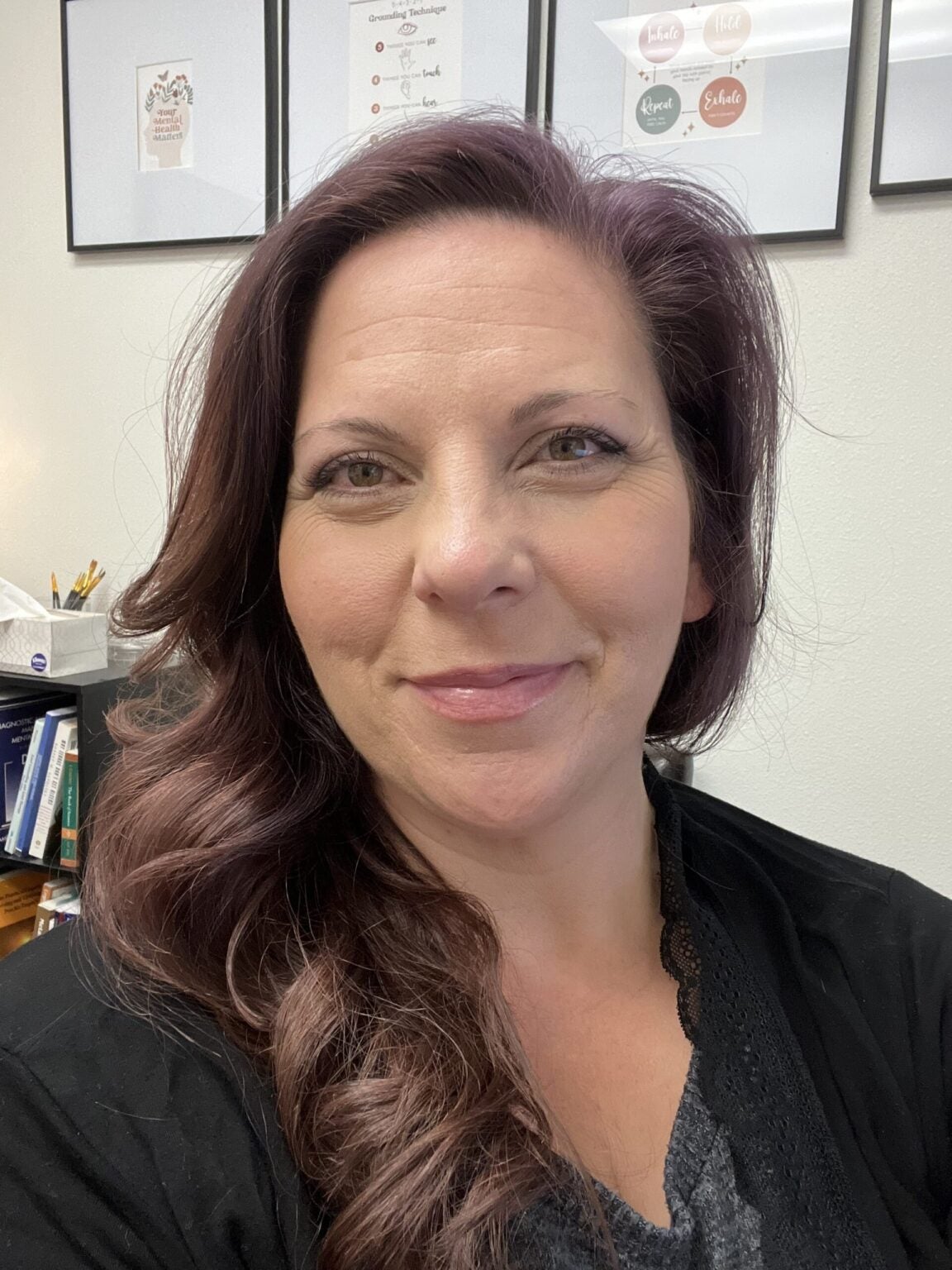
Kimberly Turnblom
Adjunct Professor
Professor Turnblom graduated with her BS in Psychology from Boise State University in 2005, and then with her MS in Clinical Counseling from Northwest Nazarene University in 2011. Since then, she has worked with different clinics around Treasure Valley and has managed a private practice for several years. She currently works full-time as a Licensed Clinical Professional Counselor where she is committed to providing a safe and supportive space for individuals seeking guidance through life’s challenges. She specializes in helping clients navigate severe mental illness, stress, relationship issues, and trauma. As an adjunct professor, she teaches Introduction to Psychology and Introduction to Counseling. In her free time, Professor Turnblom can be found spending time with her family, learning/reading, or spending time outside as much as possible.
Psychological ScienceProfessor Turnblom graduated with her BS in Psychology from Boise State University in 2005, and then with her MS in Clinical Counseling from Northwest Nazarene University in 2011. Since then, she has worked with different clinics around Treasure Valley and has managed a private practice for several years. She currently works full-time as a Licensed Clinical Professional Counselor where she is committed to providing a safe and supportive space for individuals seeking guidance through life’s challenges. She specializes in helping clients navigate severe mental illness, stress, relationship issues, and trauma. As an adjunct professor, she teaches Introduction to Psychology and Introduction to Counseling. In her free time, Professor Turnblom can be found spending time with her family, learning/reading, or spending time outside as much as possible.
-
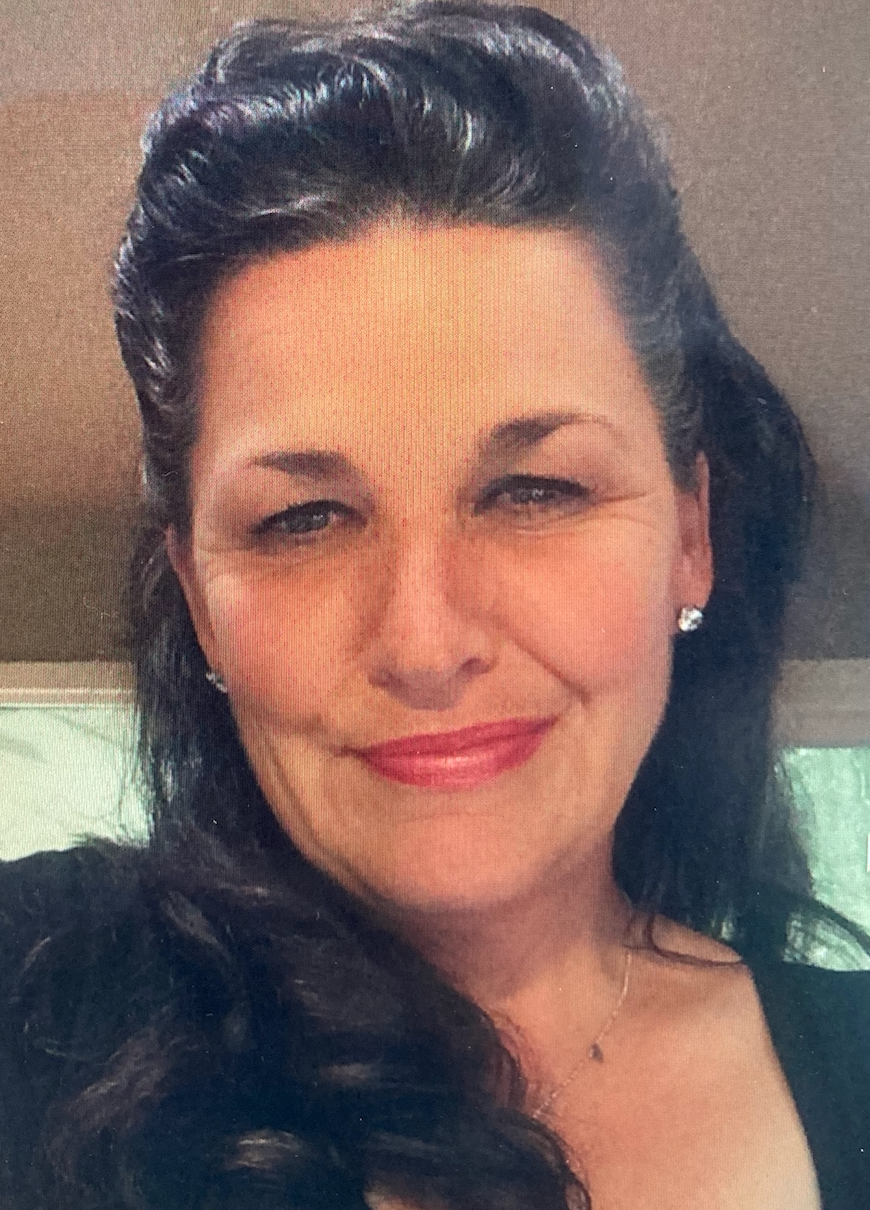
Stacy Wyllie
Adjunct Professor
Professor Stacy Wyllie has been teaching psychology classes in Idaho, New Mexico, and Louisiana, and maintaining a private practice in Louisiana for the last 20 years. She moved to New Mexico in 2018 and then Boise in June 2021 and loved it. Soon after, she and her husband had to relocate back to New Orleans, and she now teaches online. In her spare time, she renovates houses. She has a menagerie of pets and her favorite experience in life is laughing so hard that it makes her cry.
Psychological ScienceProfessor Stacy Wyllie has been teaching psychology classes in Idaho, New Mexico, and Louisiana, and maintaining a private practice in Louisiana for the last 20 years. She moved to New Mexico in 2018 and then Boise in June 2021 and loved it. Soon after, she and her husband had to relocate back to New Orleans, and she now teaches online. In her spare time, she renovates houses. She has a menagerie of pets and her favorite experience in life is laughing so hard that it makes her cry.
Emeritus Faculty
- Linda J. Anooshian
- Garvin D. Chastain
- Patt Elison-Bowers
- Charles Honts
- John L. Phillips
- Pennie S. Seibert
- Mark E. Snow
- Teresa Z. Taylor